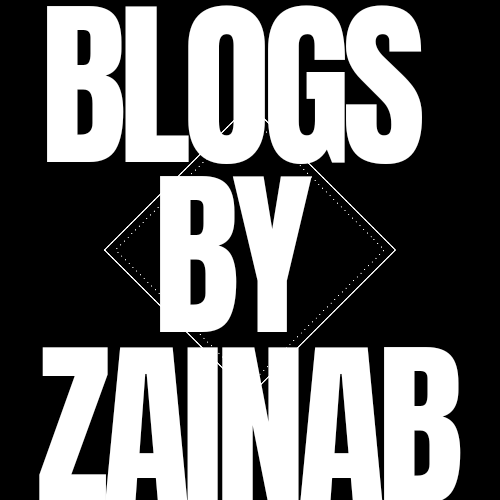The internet, as we know it, is a vast and connected network of information, services, and communication tools that has converted the way we live, work, and interact with the world. still, beneath the face of the familiar web that utmost of us use daily lies a shadowy and enigmatic realm known as the Dark Web. This retired side of the internet has long captured the imagination of both tech suckers and the general public, frequently associated with lawless conditioning and a sense of riddle. In this disquisition of the Dark Web, we will claw into its origins, functions, and the complex ethical and legal issues it raises.
The Birth of the Dark Web
The Dark Web isn't a recent development but rather a product of the internet's elaboration. It was born out of the desire for online obscurity and sequestration, principles that have always been central to the internet's development. One of the foremost instantiations of this desire was the creation of Tor( The Onion Router) in the 1990s, a network designed to allow druggies to browse the web without revealing their position or identity. Tor is at the heart of the Dark Web, furnishing the structure that enables druggies to pierce retired websites, communicate anonymously, and exchange information without fear of suppression or surveillance.
Navigating the Dark Web
Penetrating the Dark Web isn't as simple as codifying a web address into a regular cyber surfer. druggies generally need a technical cyber surfer like Tor to navigate this retired geography. When using Tor, a stoner's business is routed through a series of levy- operated waiters, making it extremely delicate for anyone to trace their online conditioning back to them. This position of obscurity has made the Dark Web an seductive space for those seeking to shirk government surveillance or suppression.
Formerly on the Dark Web, druggies can pierce websites with addresses ending in". onion." These spots aren't listed by conventional hunt machines, and their contents range from discussion forums and commerce to further minatory corners of the web where illegal conditioning do. While the Dark Web has gained notoriety for being a mecca of illegal medicine deals, munitions trafficking, and other lawless enterprises, it's also home to licit and indeed socially salutary platforms. Whistleblowers, activists, and intelligences have used the Dark Web to communicate securely and partake sensitive information without fear of retaliation.
The Ethical Dilemmas
The Dark Web raises complex ethical questions that go beyond the realm of technology. On one hand, it can be seen as a haven for free speech and a retreat for those living under rough administrations. For individualities in countries with strict suppression and surveillance, the Dark Web offers a lifeline to the outside world, allowing them to pierce information and connect with others who partake their beliefs.
Still, the same obscurity and sequestration features that cover these individualities also shield culprits engaged in illegal conditioning. The Dark Web has come a business for medicines, stolen data, fake documents, and indeed services like playing for hire. Law enforcement agencies worldwide face significant challenges in combating these illegal conditioning on the Dark Web due to the anonymous nature of the network.
The Legal Landscape
The legal status of the Dark Web varies from country to country, adding another subcaste of complexity to this retired ecosystem. While some nations have taken a strict approach, criminalizing any exertion associated with the Dark Web, others have honored its implicit benefits and have chosen to regulate rather than ban it. This diversity in legal approaches raises questions about governance and enforcement, especially when dealing with global networks like Tor.
In recent times, there has been an increase in sweats to crack down on illegal conditioning on the Dark Web. Law enforcement agencies have conducted operations to take down prominent Dark Web commerce, performing in apprehensions and persuasions. At the same time, sequestration lawyers argue that undermining the Dark Web's obscurity features could have mischievous goods on licit druggies who calculate on it for protection.
The Future of the Dark Web
The future of the Dark Web remains uncertain, shaped by ongoing technological advancements, legal developments, and the evolving nature of online crime. As law enforcement agencies come more sophisticated in their sweats to combat illegal conditioning on the Dark Web, culprits are likely to acclimatize and find new ways to remain retired.
Also, the ethical dilemmas girding the Dark Web are doubtful to be resolved fluently. Striking a balance between guarding individual sequestration and precluding felonious exploitation is a challenge that policymakers, tech companies, and civil society will continue to grapple with in the times to come.
Conclusion
The Dark Web is a complex and multifaceted aspect of the internet, shrouded in riddle and contestation. It has handed a platform for individualities seeking sequestration and freedom of expression, but it has also eased illegal conditioning that pose significant challenges to law enforcement. The future of the Dark Web remains uncertain, and its elaboration will be told by ongoing debates over ethics, legitimacy, and the ever- changing geography of online technology. As society continues to grapple with these issues, one thing is clear the Dark Web will remain a content of seductiveness and concern for times to come, as it continues to unveil the retired side of the internet.






0 Comments